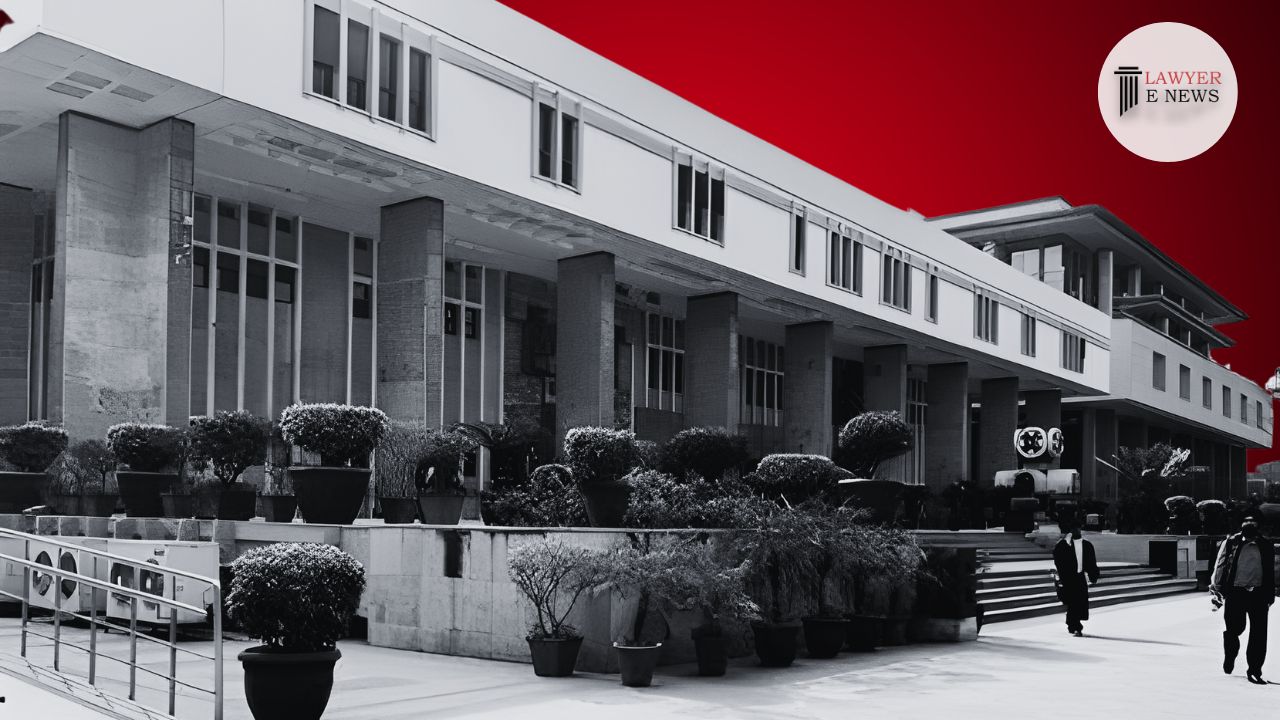-
by sayum
14 February 2026 2:22 PM



In a significant ruling, the High Court of Delhi, presided over by Justice Dharmesh Sharma, dismissed the revision petition filed by M/S Voir India Electronics Pvt. Ltd., confirming the Trial Court's findings on both territorial jurisdiction and the limitation period in a recovery suit initiated by M/S Polyblends (India) Pvt. Ltd.
The case, titled "M/S Voir India Electronics Pvt. Ltd. vs. M/S Polyblends (India) Pvt. Ltd.," revolves around a recovery suit for a debit balance of ₹10,25,916, accrued from business transactions. Polyblends, engaged in manufacturing and trading plastic materials, supplied these goods to Voir India on credit. When payments were not forthcoming, despite a legal notice issued on January 16, 2018, Polyblends filed a suit for recovery on April 3, 2018.
Voir India contested the suit, arguing that it was barred by limitation and that the court lacked territorial jurisdiction. The Trial Court rejected Voir India's application under Order VII Rule 10 & 11 of the Civil Procedure Code (CPC), leading to this revision petition.
The High Court upheld the Trial Court's decision, emphasizing several critical aspects:
Territorial Jurisdiction: The High Court affirmed that the Trial Court had jurisdiction to entertain the suit based on the registered office location of Polyblends in Delhi. This decision was made despite the invoices indicating addresses in Gurgaon and Greater Noida.
Limitation Period: The Court concluded that the suit was filed within the extended limitation period due to acknowledgments of debt by part payments and dishonored cheques. Specifically, the Court noted that payments made on March 12, 2015, and subsequent dishonored cheques extended the limitation period under Section 18 of the Limitation Act, 1963.
Acknowledgment of Debt: The judgment highlighted that part payments and dishonored cheques issued by Voir India constituted an acknowledgment of debt, effectively extending the limitation period for filing the suit.
Dismissal with Costs: The High Court dismissed the revision petition and imposed costs of ₹25,000 on Voir India, payable to the Delhi High Legal Services Committee.
Justice Dharmesh Sharma's analysis underscored the legal principles governing acknowledgments of debt and territorial jurisdiction:
Section 18 of the Limitation Act, 1963: The Court interpreted that any acknowledgment of debt in writing, including dishonored cheques, could extend the limitation period, allowing the suit to be filed within the extended timeframe.
Order VII Rule 10 & 11 of the CPC: The Court reiterated that a plaint must be taken at face value regarding territorial jurisdiction, emphasizing the plaintiff's registered office location.
The Court distinguished the current case from precedents where no such acknowledgment existed, thereby justifying the validity of the suit filed by Polyblends.
The dismissal of the revision petition by the High Court of Delhi underscores the importance of acknowledgments of debt in extending limitation periods and clarifies jurisdictional principles based on registered office locations. This judgment reaffirms the judiciary's commitment to upholding contractual obligations and timely legal recourse.
Date of Decision: May 20, 2024
M/S Voir India Electronics Pvt. Ltd. vs. M/S Polyblends (India) Pvt. Ltd.
